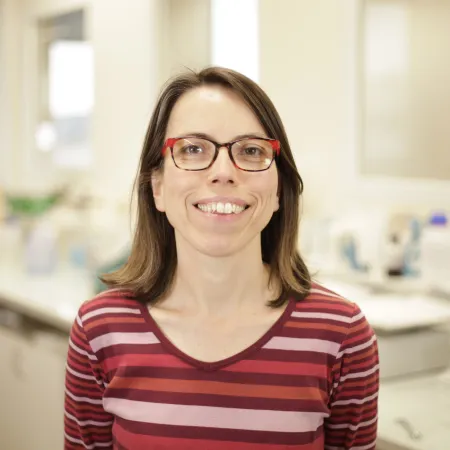Gastric and intestinal adaptations in response to bariatric surgery and their contribution to glycemic improvement
The team gathers physiologists of the gastro-intestinal tract, basic scientists and clinicians (digestive surgeons, gastroenterologists and nutritionists) to develop basic and transitional researches to study gastrointestinal adaptations in response to obesity, surgical remodeling, and nutritional status (undernutrition / malnutrition). More specifically they deciphered mechanisms of gastrointestinal adaptations in response to weight-loss surgical therapies (bariatric surgeries) and massive intestinal resection, main cause of intestinal failure (short bowel syndrome).
The pharmacotherapy of obesity remains inconstant and today bariatric surgeries are the only effective treatments when obesity becomes morbid. While these surgeries are generally extremely beneficial especially on comorbidities as Type 2 Diabetes Mellitus, non-alcoholic fatty liver disease … they can also lead to severe malnutrition and fragility.
Combining experimental research in preclinical rat models with clinical studies, we identified differences in intestinal adaptation that contribute to improve glucose homeostasis after the 2 most popular bariatric surgeries: Roux-en-Y Gastric Bypass (RYGB) and Vertical Sleeve Gastrectomy (VSG).
We demonstrated how gastric and intestinal adaptations contribute to increase the secretion of Glucagon Like Peptide 1, GLP-1 an hormone that potentiates insulin secretion in response to hyperglycemia. In addition, we identified the stomach as a putative source of GLP-1. Finally, we revealed that RYGB increases intestinal glucose disposal whereas VSG delays glucose absorption; thwarting the intuitive idea that RYGB and VSG must share a common mechanism of action for similar efficiency on glycemic improvements.
Pour en apprendre davantage

